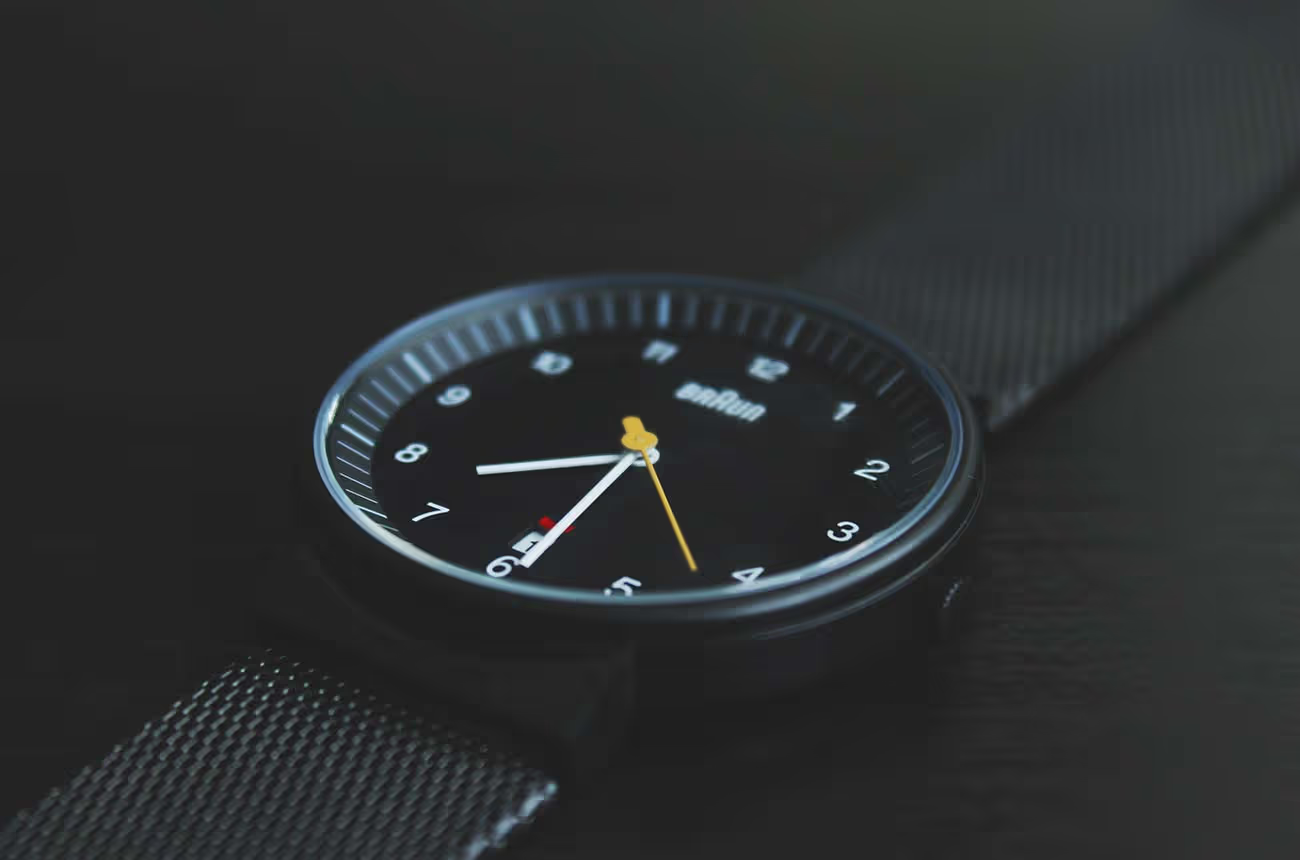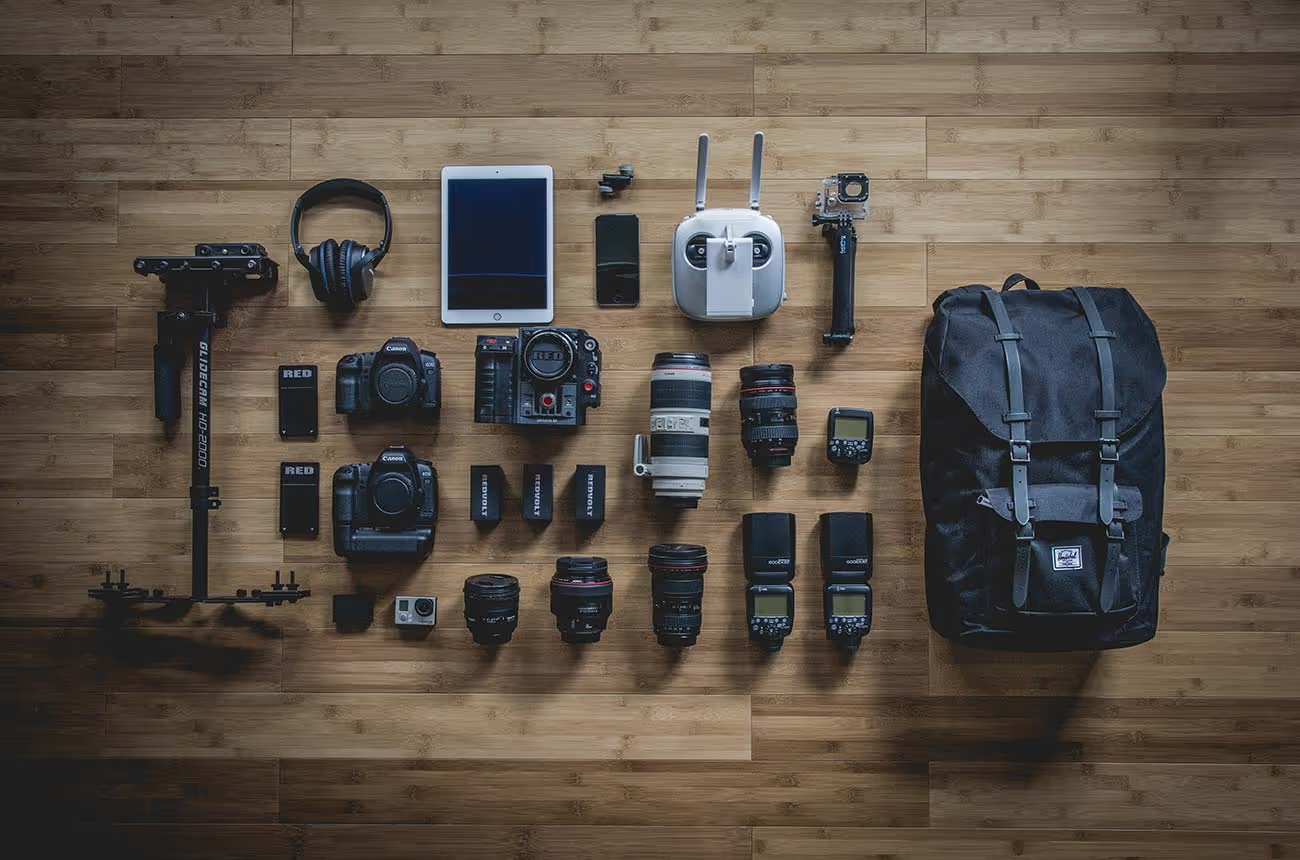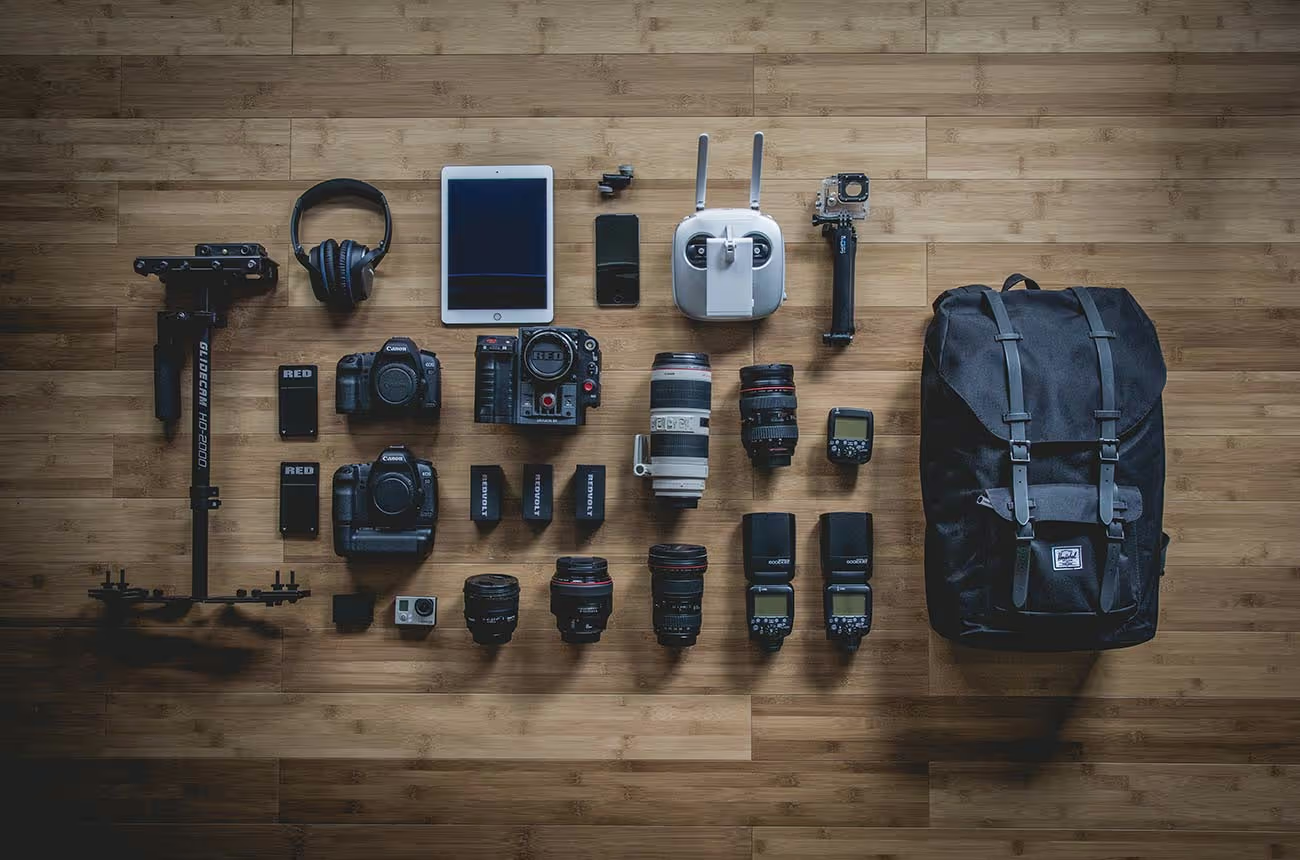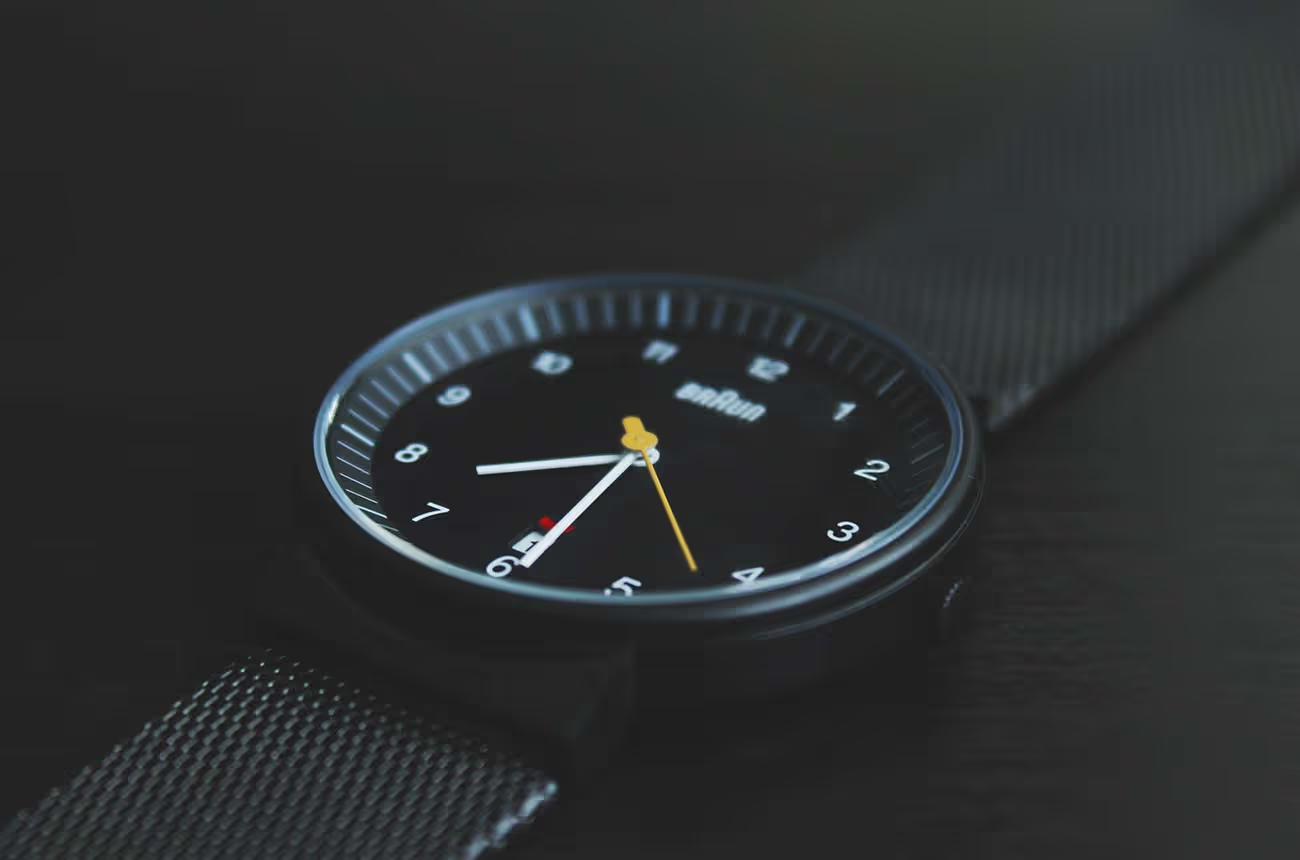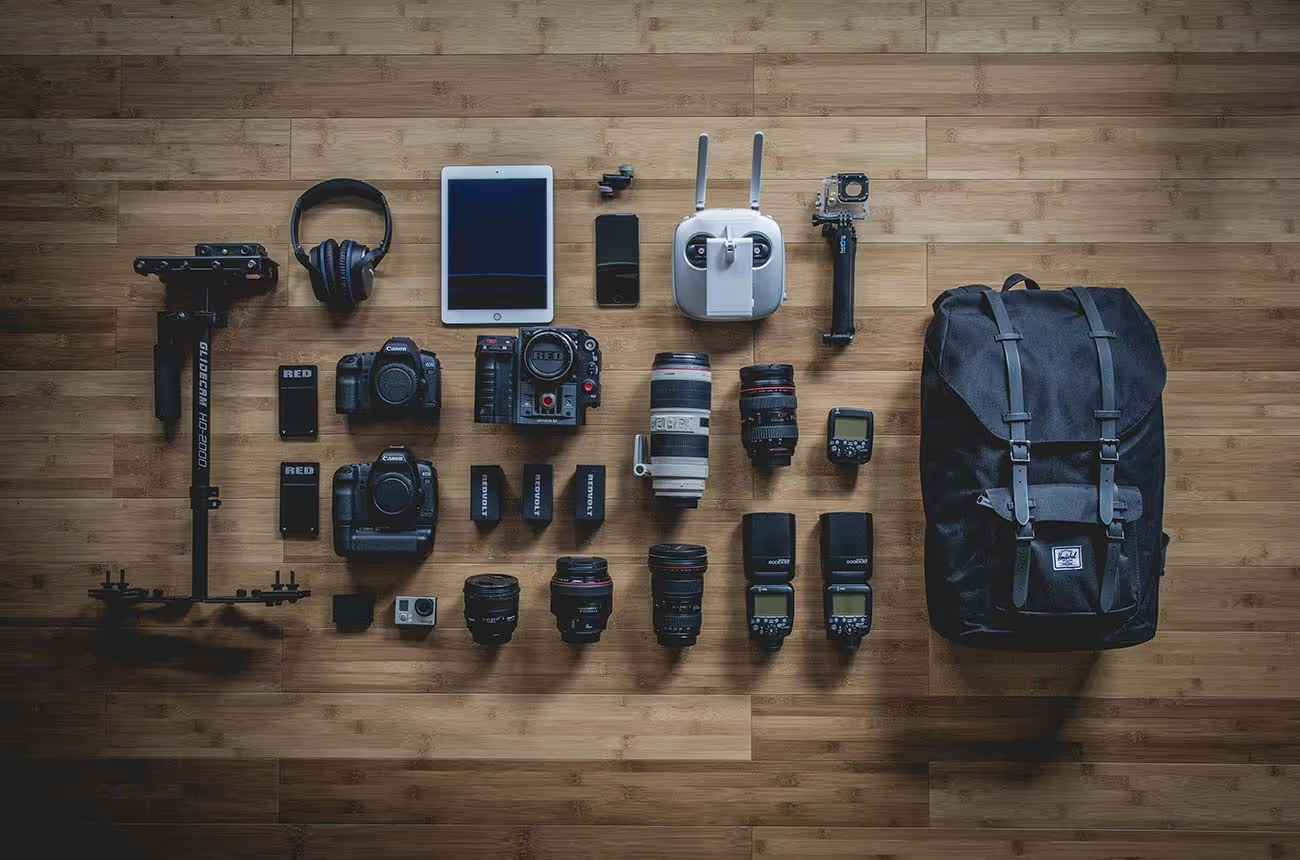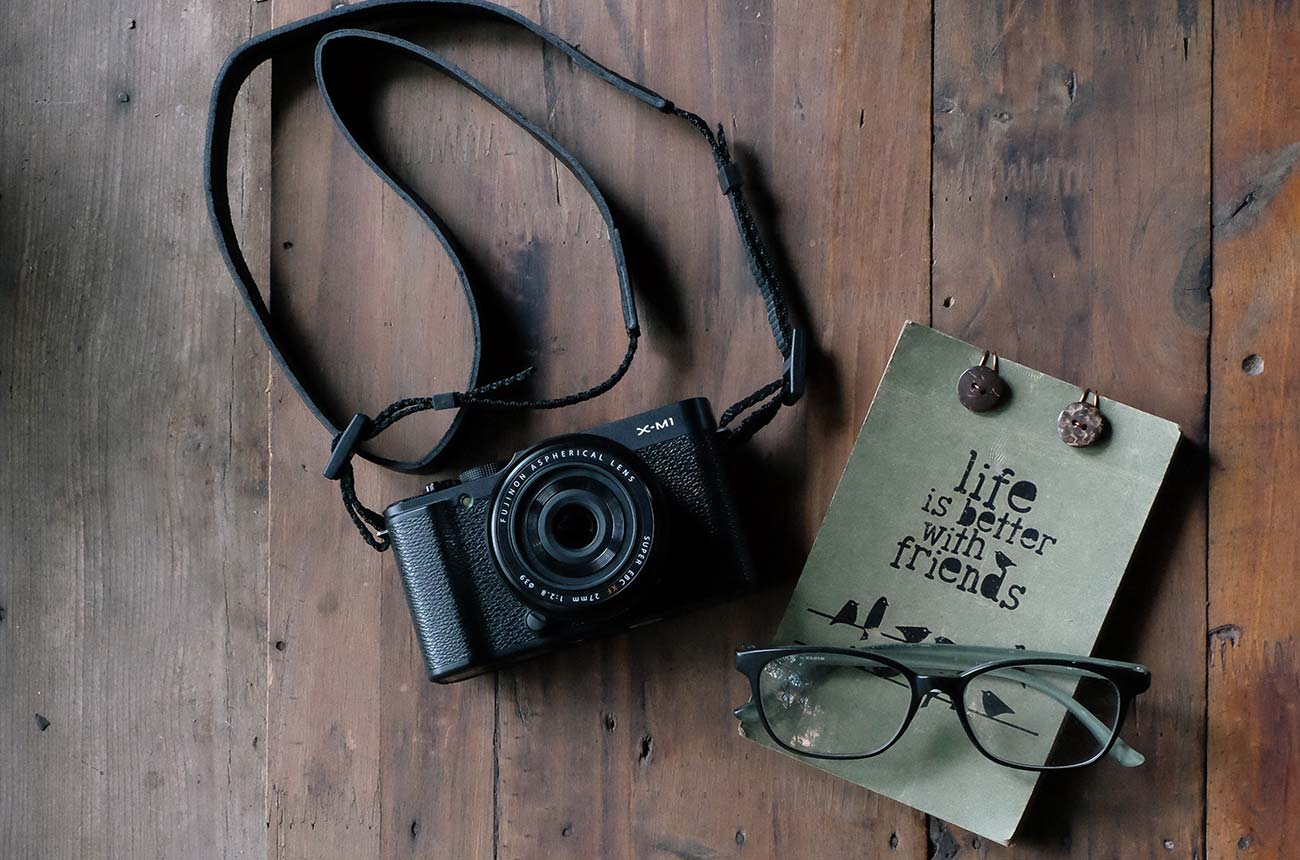
Behind the Dop - More Than Meets the Lens
Unity of crew, attitude, and being engaged in the project were also themes of the ‘Behind the DoP’ workshops. Never forget we are working towards the same goal, says Simon Raby.
It starts with respecting the director’s vision and direction, says Simon Raby. This is hugely important, regardless of whether you’re working with an experienced director or a new one.
“I’ve had situations where I’ve wanted to resist the director’s vision because I didn’t feel it was right, but I’ve had to step back and say ‘we are making their movie, not my movie’,” he says.
“Some people try to steer a director into a pattern that they’re used to.”
We should all be helping the director tell the story the way he or she wants to.
Things change on set all the time, he says, including the director’s mind, and you must trust the director’s decisions. “As a creative, trusting your instinct is essential,” he says. “Bear with it, as it’s part of the creative process and part of being engaged with the project.”
Being constrained by realities is not always a good thing for a director, he says. Although sooner or later you do have to come back to reality.
It’s important also that while the director needs to be respected, they shouldn’t be unapproachable – no matter the size of the production.
“In a seemingly chaotic world, we can put things together very quickly – because there’s a chain of command,” Raby says.
“When I was doing Lord of the Rings, it would take 45 minutes to get the heads on all the extras in some of the orc scenes and once they were ready to go then we only had another 15 minutes before they started to overheat. You’d have to take the heads off again to give them a breather and then it’d be another hour before you could get the heads back on.”
Arguments do happen on set and sometimes for good reason. But always think about the reasons you’re arguing for, Raby says, is it for the good of you, your team, or the production?
While defending your team is a valid place to be, the argument should always be about the good of the project.
Don’t finger point or shift blame either, he says. Own your mistakes. The importance of keeping noise levels down on set can be forgotten, Raby says. Having a laugh with your colleagues is okay, but keep focused on the job.
“It’s very difficult for an actor to get into their space when everyone is joking around,” he says.
“Someone fiddling around in the background is incredibly distracting.”
While actors often get a bad rap for having egos, never forget that they are absolutely essential to the filmmaking process. Actors deserve respect too, Raby says. “Actors will usually be reasonable if you just talk things through with them, they need to trust that you’re going to do a good job.”
Respecting an actor’s workspace is also important. “Actors are essentially working with their emotions,” he says.
“Sometime you want to allow them to just keep their bubble in place.”






